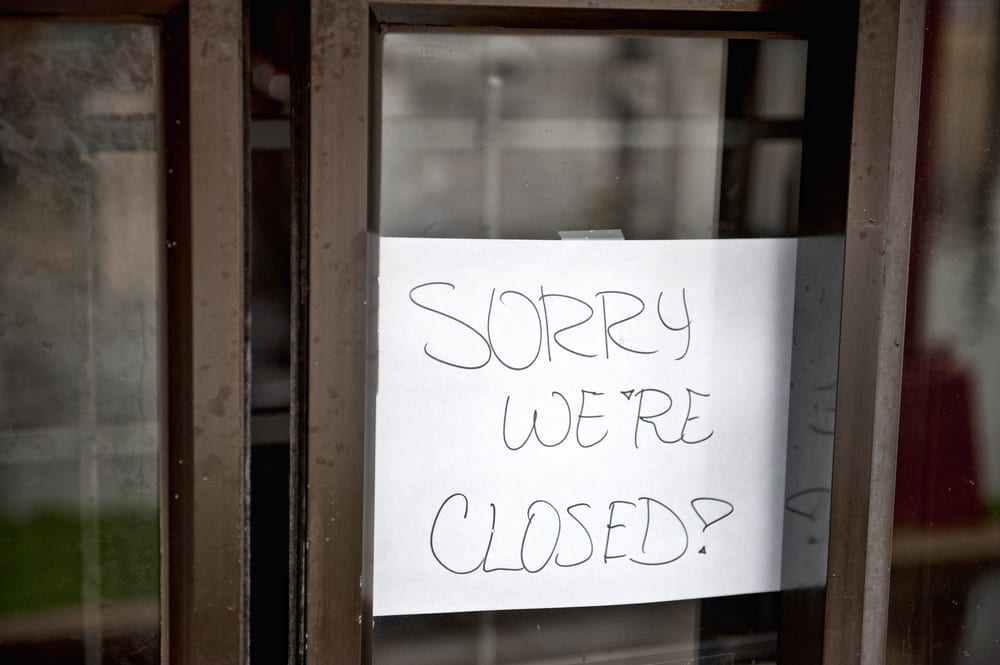In 2010 Samantha Coe’s business dream almost came to an end. The business premises of her music school were vanadalised and flooded. All of the school’s equipment was ruined. For Samantha, it turned out to be the motivation she needed to rebuild and take her business on to bigger and better premises. Within a year business was booming and she had won a prestigious national award. The Wharf Academy hasn’t looked back.
Not every business is in a position to respond to disaster so positively. Unexpected disasters can and do wipe perfectly good businesses out. So it’s vital that there are plans in place to minimise the effects of any catastrophic event.
Whilst large organisations might have whole teams of risk assessors who draw up recovery plans, many SMEs believe that they cannot spare the personnel or time to achieve this for themselves. However, many business recovery experts, not to mention any business owner who has experienced a disaster without having a recovery plan in place, will tell you just how important it is to be prepared.
Critical issues
Although every business is different, all have many elements in common. Each area of the business will need to have a plan to keep it functioning, whether the disaster in question is a fire that destroys the premises or a computer virus that knocks out all the IT facilities.
In the case of the former it would be a good idea to either have a plan to use temporary premises if yours are out of action or to ensure that staff could work remotely while still remaining in close contact with each other.
To be prepared for the latter, and in the event of any IT-based disaster, it is also critically important that you back up all the files on your system regularly and preferably to a remote location that won’t be affected if your offices are. When you think about just how reliant every aspect of your business is on your computer systems you’ll soon appreciate the importance of this.
How you communicate with clients and suppliers will also be key. They will need to be kept in the loop because failure to do this could well mean that they lose confidence in working with you even after the disaster has been resolved.
Be sure to insure
Last, but by no means least, it is absolutely essential that you have the right business insurance in place, including cover for essentials over and above the structure of your premises. For example, you might want to add cover for lost income while you’re out of action or to pay for temporary premises while yours are being repaired.
This may all sound very foreboding but, like so many aspects in business, a little prior preparation can put you in a far better position if the unexpected does occur – and a position from which your business could easily recover.
Disasters can close your business or give you the kick you need to take it to the next level. Make sure that you are in a position to have a choice.
Image: business disaster via shutterstock

